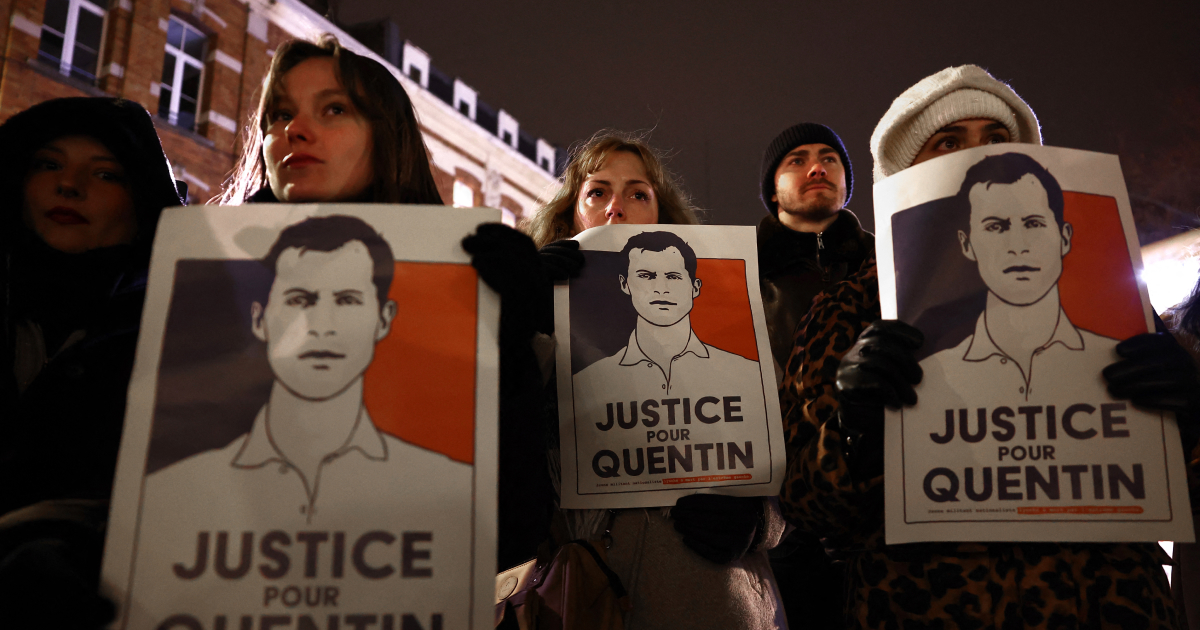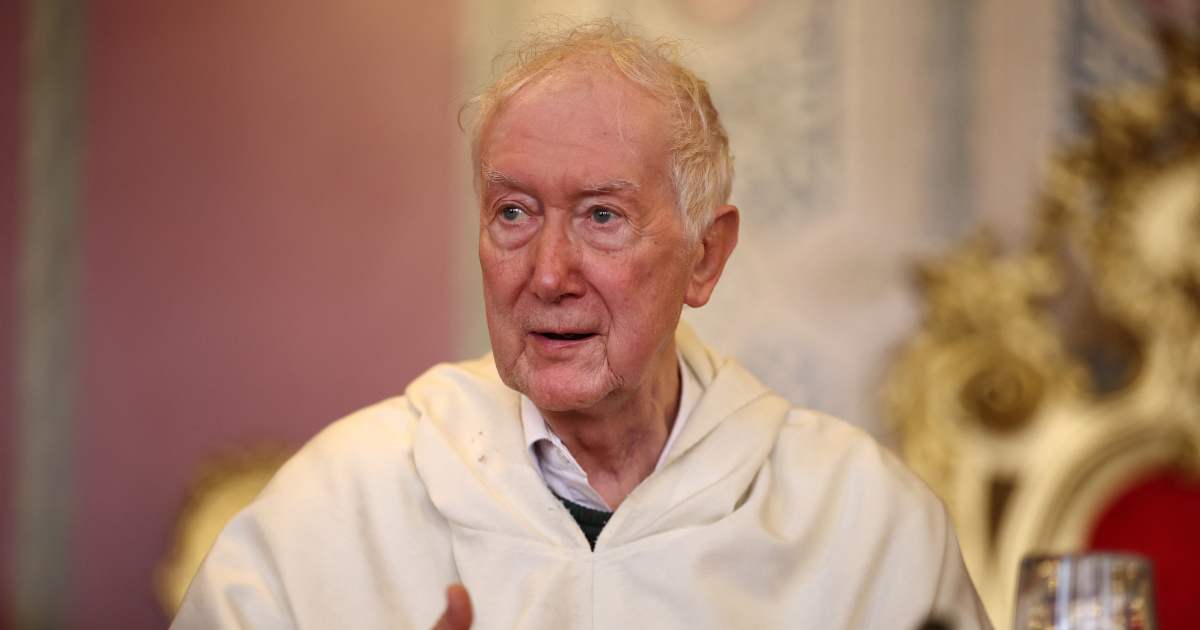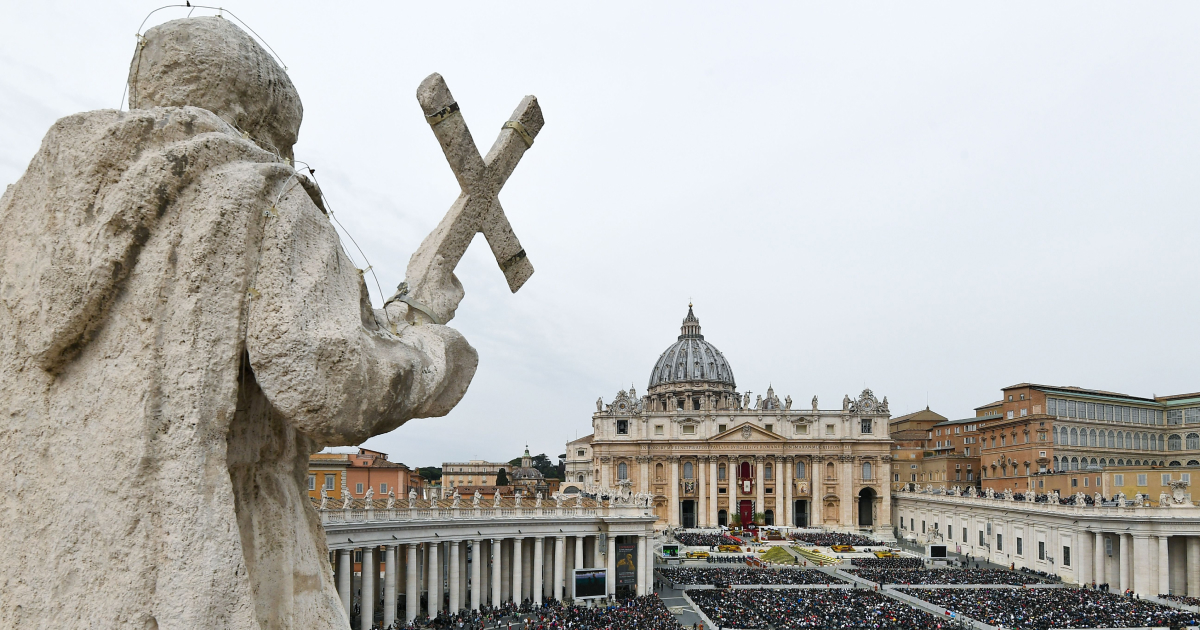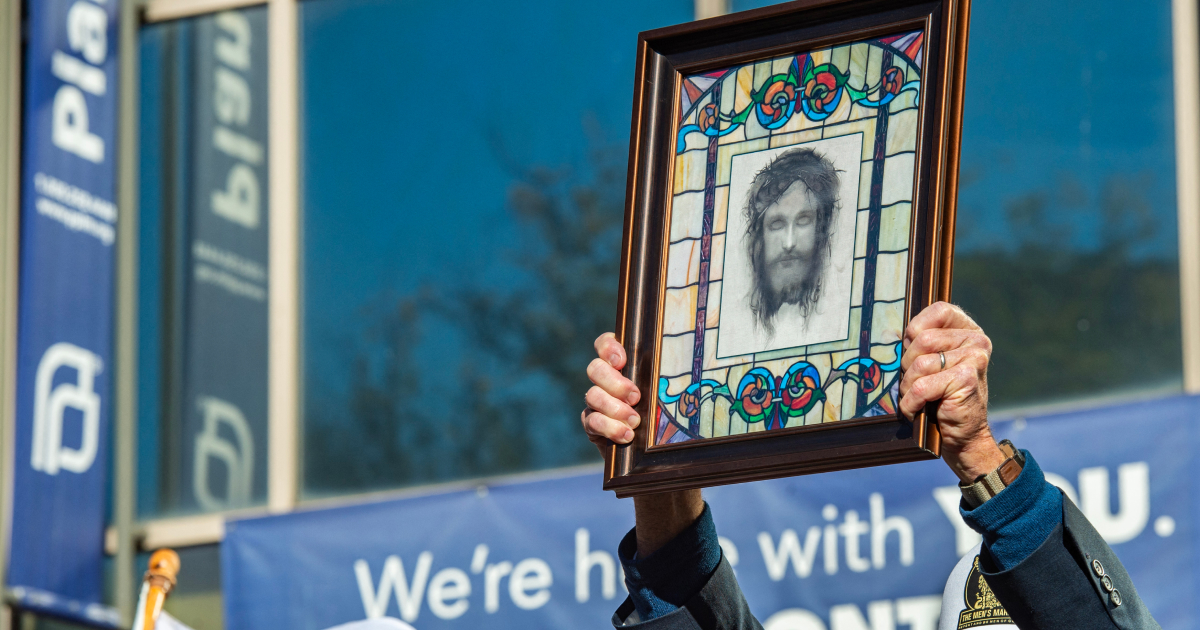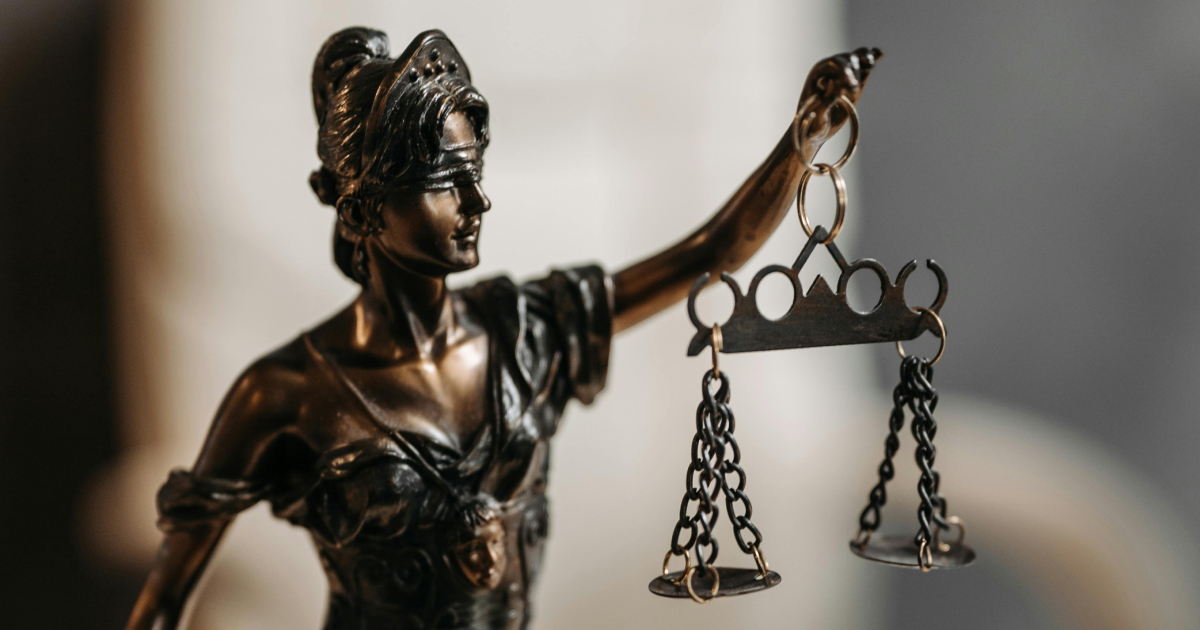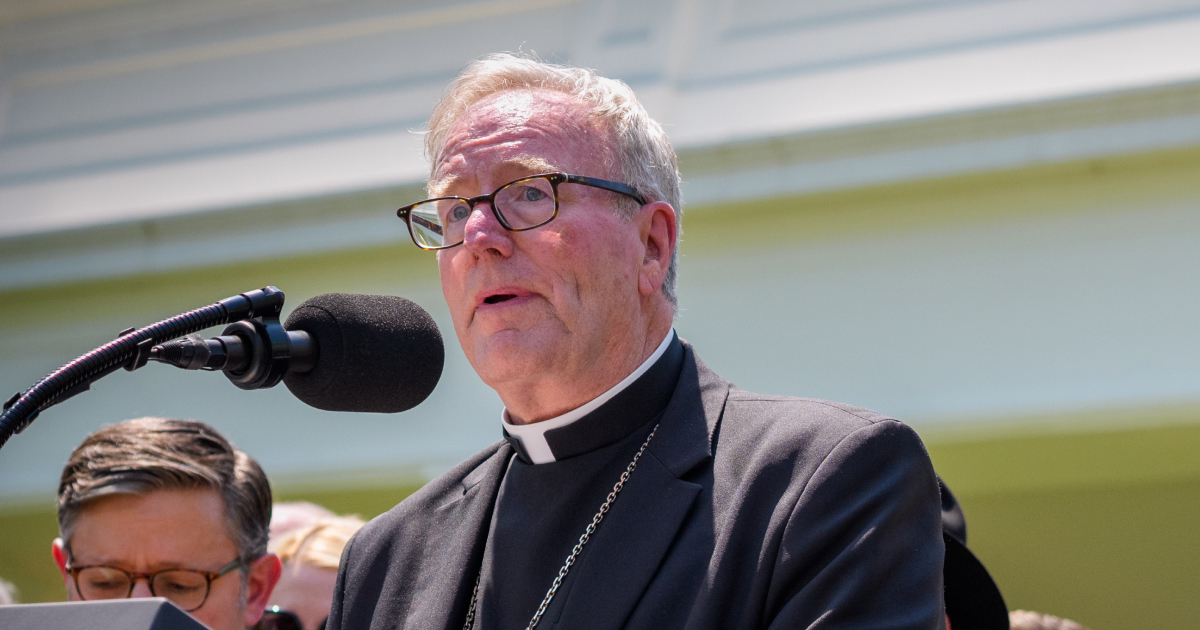The appeals trial over the Vatican’s controversial London property deal was interrupted again this week as defence lawyers pressed for the removal of the chief prosecutor, arguing that leaked WhatsApp messages suggested improper ties with a star witness.
The case, which stems from the Holy See’s €350 million purchase of a former Harrods warehouse on Sloane Avenue, returned to the Vatican Tribunal Hall on Monday.
Nine defendants, including Cardinal Giovanni Angelo Becciu, were convicted in 2023 of financial crimes ranging from fraud to embezzlement after the Vatican suffered losses of about €139 million.
Cardinal Becciu, once a senior figure in the Secretariat of State, was sentenced to five and a half years in prison and barred from office. He and the other defendants are now appealing both verdict and sentence in what has become known as the Vatican’s “trial of the century.”
The spotlight has now shifted to Alessandro Diddi, the Promoter of Justice, whose handling of the prosecution has been questioned following the disclosure of thousands of chat messages and audio files involving two women close to the investigation. The material appears to show behind-the-scenes efforts to persuade Monsignor Alberto Perlasca—once himself under suspicion—to testify against his former superior, Cardinal Becciu.
Monsignor Perlasca was never indicted and instead emerged as the prosecution’s main witness. The leaked messages suggest that intermediaries may have reassured him on behalf of prosecutors. Defence lawyers said this raised the possibility that evidence was influenced, rendering the process unfair. In motions presented on 22 September, they demanded that Diddi step aside from the case.
Archbishop Alejandro Arellano Cedillo, president of the Tribunal, granted Diddi three days to respond. The court indicated that if he does not voluntarily recuse himself, the question will be referred to the Vatican Court of Cassation, presided over by Cardinal Kevin Farrell.
The trial, now in its second phase, has already been slowed by procedural disputes. On Tuesday, the court sat for more than two hours to hear technical objections about the validity of appeals lodged by several defendants, including those of Gianluigi Torzi, the London broker, and Cecilia Marogna, a Sardinian consultant. Lawyers also argued over whether Diddi’s own appeal had been filed properly and within the strict deadlines of the Vatican’s century-old code of criminal procedure.
The tribunal adjourned after the Office of the Promoter of Justice requested time to file a written brief, postponing the next hearing until 25 September.
The proceedings come after years of scrutiny of Vatican finances, which have repeatedly been dogged by scandal. Previous inquiries have exposed murky investments, opaque accounting, and alleged misuse of charitable funds.
The London deal—begun under Benedict XVI and pursued under Pope Francis—has become emblematic of efforts to reform Vatican financial governance.
The latest trial shows that there are high stakes for both the credibility of the Vatican justice system and the reform agenda set in motion by successive pontiffs. The outcome of the appeals is likely to determine whether convictions against senior figures, including a cardinal of the Roman Church, will stand or collapse.
(Photo by ALBERTO PIZZOLI/AFP via Getty Images)





.png)


